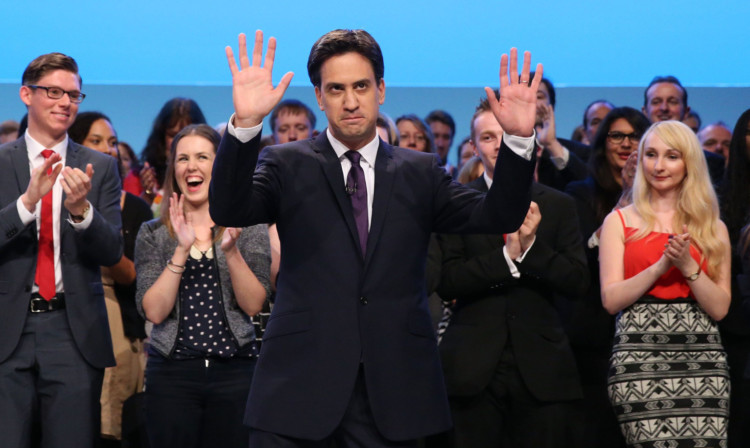Fuel prices will be frozen until 2017 if Labour wins the next general election, party leader Ed Miliband has pledged.
However, the big announcement of Mr Miliband’s keynote conference speech in Brighton was quickly criticised, with speculation bills might be artificially increased by energy companies in the run-up to the 2015 vote and the industry claiming it would put jobs at risk.
Labour claim the policy would save the typical household £120 and an average business £1,800 between May 2015 and January 2017.
He said: “The companies won’t like it because it will cost them money, but they have been overcharging people for too long because of a market that doesn’t work. It’s time to reset the market.”
Labour said family energy bills have risen by almost £300 since the coalition took office in 2010, while businesses say energy is the second biggest cost they face after wages.
Angela Knight, chief executive of umbrella group Energy UK, said: “Freezing the bill, may be superficially attractive, but it will also freeze the money to build and renew power stations, freeze the jobs and livelihoods of the 600,000 plus people dependent on the energy industry and make the prospect of energy shortages a reality, pushing up the prices for everyone.”
A statement from energy firm SSE said Labour should focus on tax cuts for the industry.
It added: “This would wipe £110 off the average person’s bill and shift the cost away from those who can’t afford to pay and on to those who can.”
Price comparison website UKPower.co.uk said the announcement put pressure on suppliers to inflate prices before the election “as they won’t be taking any chances on the voting outcome.”
The statement added: “The funny thing is, though, you can already freeze your energy bill with some tariffs until 31st March 2017 which beats Labour’s pledge.”
Consumer group Which? said the energy price freeze would “give hope to the millions worrying about how they can afford to heat their homes”.
But CBI director general John Cridland said that businesses would view it as “a setback for Labour’s pro-enterprise credentials”.
